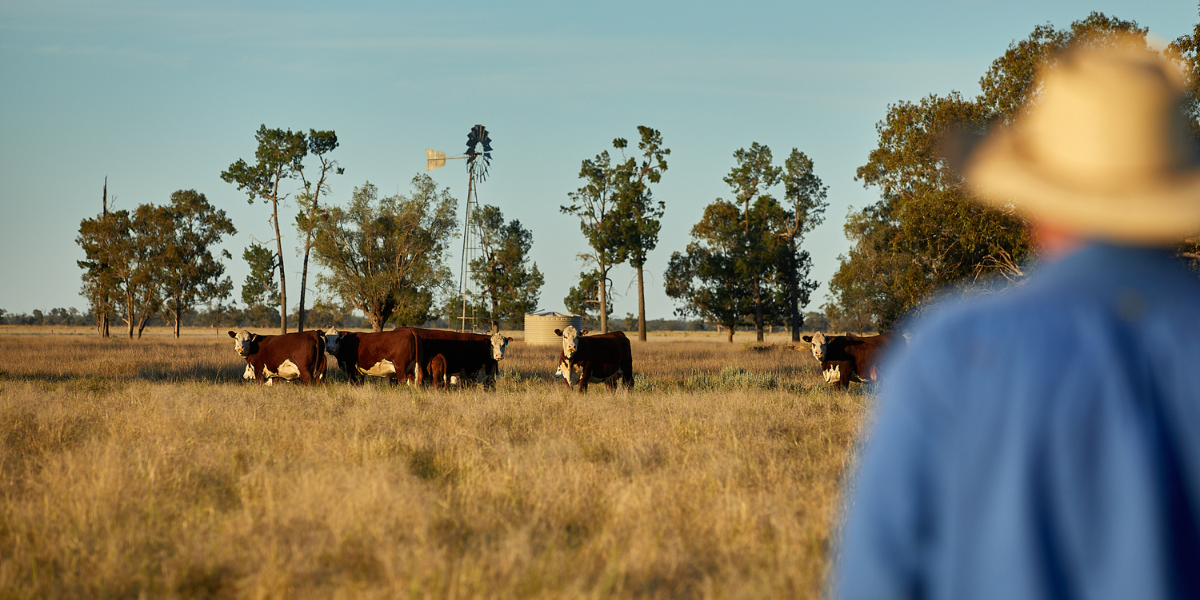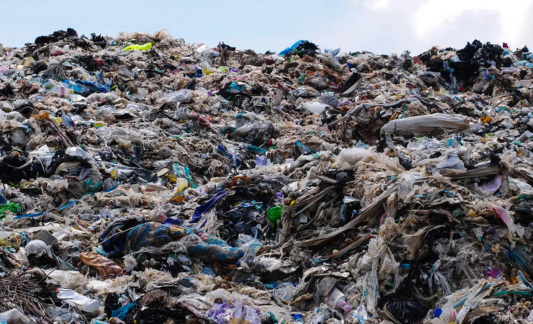Please do not participate in a Facebook scam about a $100 voucher. Facebook is working to have it removed.

1 min read
Australian Red Meat Industry Takes Action For Environment
Written by IGA News
Apr 21, 2025
One of IGA's newest Red Oval Partners, Meat & Livestock Australia (MLA), is dedicated to environmental stewardship year-round through emissions reduction, land and water management, soil health, and educating the public on the nutritional benefits of red meat.
Keep reading to discover how their investments in sustainability demonstrate a holistic approach to environmental responsibility through continuous innovation and community engagement.
Watch Australian farmers share how they are supporting the environment.
A central goal for the Australian red meat industry is achieving carbon neutrality by 2030. The industry has made significant progress, with net greenhouse gas emissions reduced by 78.56% since 2005.
A key factor in this reduction has been changes in land use practices. Decreased land clearing and increased vegetation regrowth have enhanced carbon sequestration on lands associated with livestock management. Favorable climatic conditions between 2020 and 2021, including higher-than-average rainfall during La Niña, further promoted vegetation growth, contributing to the industry's lowered net emissions.
Additionally, the industry has reduced water usage by 73% per kilogram of beef over the past 35 years, reflecting advancements in water efficiency.
Ask a Farmer: JK Cattle Company explains why rotational grazing is key to land managment.
They continue to invest in research and development to explore innovative solutions for further emissions reductions. These include improving production efficiency, adopting renewable energy sources, and enhancing manure management practices. For example, utilizing dung beetles is one practice that has contributed to better soil health, while planting legumes has improved biodiversity. Emerging interventions, such as low-methane pastures and feed supplements, are also being investigated for their potential to reduce emissions.
Beyond environmental efforts, red meat remains a nutrient-dense food, rich in essential vitamins and minerals vital for brain and muscle development, immunity, and energy. It offers these nutrients in a natural form, without artificial additives. These benefits make Australian beef a healthy, sustainable choice for environmental and health-conscious consumers.
For more information on Meat and Livestock Australia's environmental practices, visit their Sustainability Hub.
Previous Story
← Transparency as the Currency of Trust
You May Also Like
These Stories on Sustainability
Apr 22, 2025 9:43:48 AM |
3 min read



No Comments Yet
Let us know what you think